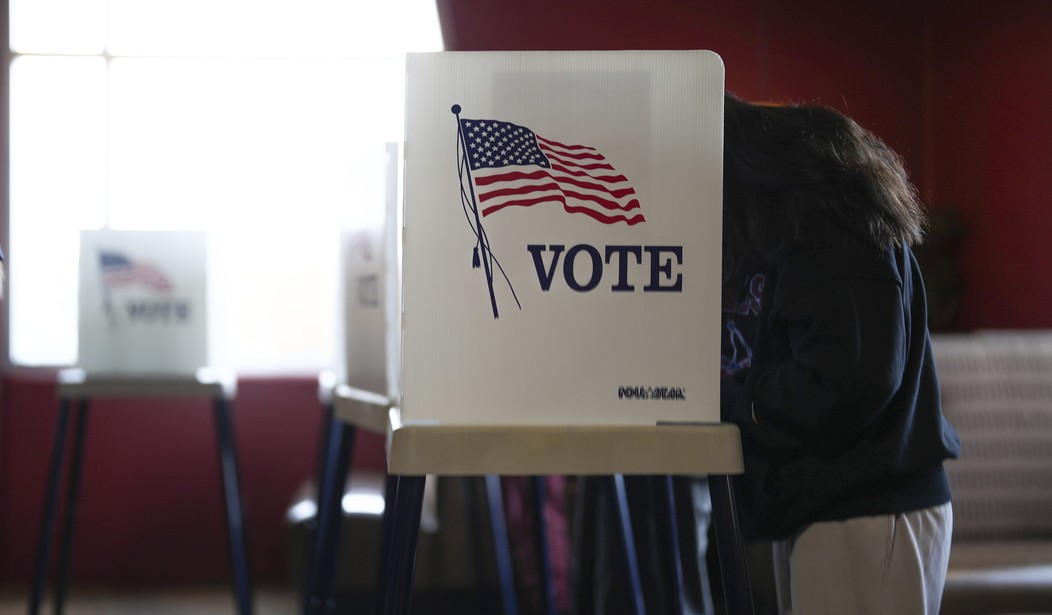On Election Day, Alaska voters righted a wrong by ousting Rep. Mary Peltola, a Democrat, from Congress, and electing Republican Nick Begich III. Peltola never should have been in there in the first place, but thanks to the experimental ranked-choice voting (RCV), she was able to squeak a victory in a 2022 special election to fill the vacancy that Rep. Don Young left after his death and then get elected to a full term that fall — despite more voters backing Republican candidates.
Despite Begich’s victory, the repeal of ranked-choice voting narrowly failed by 664 votes.
Carmela Warfield, chairman of the Alaska GOP, announced that the party will “request a statewide recount and review of the election results for Ballot Measure 2 – the Repeal of Rank Choice Voting from the 2024 General Election.” The formal request, accompanied by “the names of the requisite Alaskan voters required to initiate this process,” will be submitted once the election is certified on November 30, 2024.
Warfield highlighted the team assembled to oversee the process, noting that the Dhillon Law Group, led by Harmeet K. Dhillon, will be “on the ground during the recount and review, along with our Party Counsel and observers.”
We @dhillonlaw @MikeColumboEsq are looking forward to helping with this critical recount! Thank you @ChairmanWhatley for all your support for election law issues!
— Harmeet K. Dhillon (@pnjaban) November 25, 2024
Finally I get a chance to wear my heaviest winter coat, if I can find it in the back of the closet! #furcoat https://t.co/g48cGypPEV
It would be nice to think this might change the outcome of the RCV repeal, but I wouldn’t count on it. And I can’t help but wonder why any Alaskan would want to continue with such a crazy system.
To call RCV stupid is an understatement, but it is often promoted as a way to improve elections. They just make voting more complicated. “One person, one vote” has long been the standard, and a system that requires voters to rank their candidates would be like Florida going back to using butterfly ballots. Some voters effectively have their preferences counted multiple times when their top choices are eliminated, while others do not.
Recommended: How Far Could Joe Biden Escalate the War in Ukraine?
As we saw in the 2022 election, RCV can result in “minority rule,” where the winning candidate lacks true majority support due to exhausted ballots — those discarded when voters don’t rank enough candidates. RCV is a prime opportunity for spoiler candidates to manipulate the system.
Beyond these issues, RCV is costly and complex to implement, requiring significant taxpayer investment and often delaying election results. Sure enough, despite Begich leading in the vote, it took a couple of weeks to call his victory because of the ranked-choice system. And we know that delayed election results can cause incredible distrust in the outcome.
Recommended: Voter Approval for Trump’s Transition Creates Huge Problem for Democrats
I was really hopeful that RCV would do down in flames, but the fact that it was even close irks me. And I'm not confident that the recount will change the outcome, which means that Alaska Democrats will continue to find ways to sneak Democrats into the House of Representatives.










